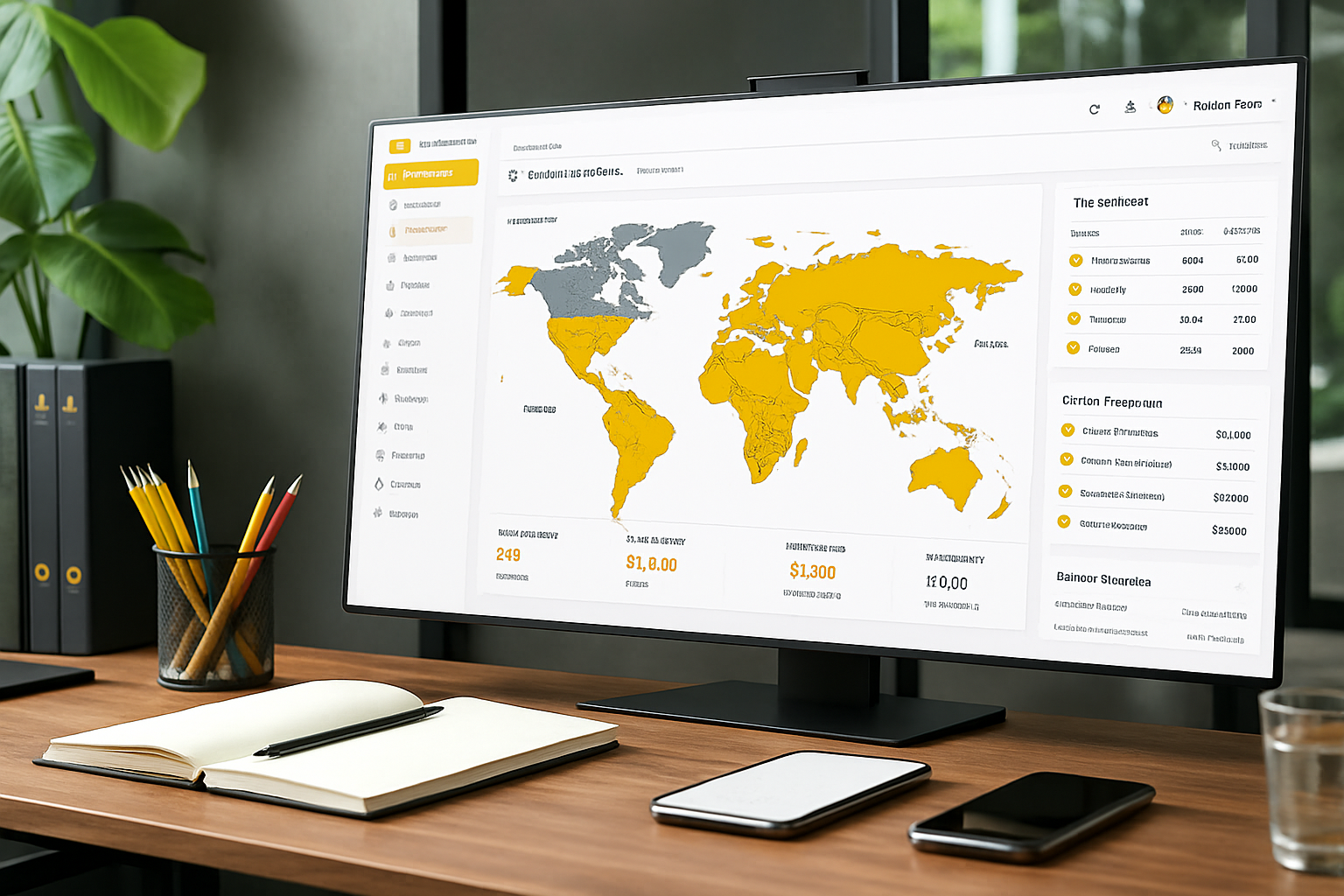Understanding Reverse Location Targeting in Google Ads
Reverse location targeting allows advertisers to exclude specific geographic areas from their Google Ads campaigns. This feature helps refine audience reach by filtering out locations unlikely to contribute to campaign goals, enabling more efficient budget allocation and increasing ad relevance. According to Search Engine Land, it “enables advertisers to avoid spending on users outside their service areas, improving overall campaign performance,” highlighting its value in 2025’s advertising landscape.

By analyzing geographic data and applying reverse location targeting thoughtfully, marketers can focus on high-value regions, leading to better engagement and conversion rates. This method supports tighter control over where ads appear, aligning campaigns with business objectives and audience intent.
How Reverse Location Targeting Works
Unlike traditional location targeting, which selects where ads should appear, reverse location targeting defines where ads should not be shown. This is especially useful for businesses serving limited regions or wanting to avoid clicks from areas unlikely to convert. Excluding irrelevant locations reduces wasted impressions and improves budget efficiency.
Showing ads only within meaningful service zones increases the likelihood of engagement, as the audience better matches the advertiser’s offerings. For example, a local service provider can prevent ads from appearing in distant cities where they do not operate, ensuring ad spend reaches potential customers who can take action.
Strategically, reverse location targeting supports smarter budget allocation by redirecting spend from low-performing or irrelevant regions to areas with higher potential. This focus enhances overall campaign performance by concentrating efforts on markets that deliver tangible results.
To maximize effectiveness, advertisers should combine reverse location targeting with geographic data analysis and ongoing campaign monitoring. Identifying where conversions originate and which locations underperform allows for informed exclusions. Regular updates keep campaigns aligned with business goals and market conditions.
Strategic Applications of Reverse Location Targeting
Reverse location targeting helps advertisers refine geographic reach by excluding areas rather than selecting them. This approach benefits businesses aiming to capture interest from users searching for services or products in locations outside their physical presence. For instance, a real estate agency might target buyers located elsewhere but searching for properties in its city.
Google Ads’ default location settings can be too broad, causing ads to show to irrelevant users and wasting budget. Creating campaigns that exclude overlapping or irrelevant regions gives advertisers greater control over ad placement, ensuring budgets focus on audiences with higher conversion potential. This precision is valuable for industries like travel, events, and vehicle sales, where customers often research locations they plan to visit or move to.
Implementing reverse location targeting requires research and ongoing management. Advertisers must identify specific cities, ZIP codes, or regions to exclude, based on a deep understanding of target market behavior. Combining this with local campaigns allows coverage of both local and out-of-area intent, expanding reach without diluting relevance.
Frequently Asked Questions About Reverse Location Targeting
How does reverse location targeting differ from standard location exclusions?
While both prevent ads from showing in certain areas, reverse location targeting focuses on excluding users based on physical location or search intent, allowing finer control over audience reach.
Which businesses benefit most from reverse location targeting?
Local service providers benefit by avoiding spend outside service zones. It also suits businesses with complex geographic strategies, like real estate or travel companies, targeting users interested in specific locations regardless of their current location.
What are best practices for implementation?
Ongoing analysis of geographic performance helps identify underperforming or irrelevant areas to exclude. Careful balance is needed to avoid excluding potential customers in transitional phases, such as travelers or people relocating. Regular adjustments keep campaigns aligned with evolving goals and audience behavior.
What impact does reverse location targeting have on campaign metrics?
Filtering out low-value impressions typically improves click-through and conversion rates by reaching a more qualified audience. It reduces wasted spend and concentrates budgets on higher-potential areas, making campaigns more precise and cost-effective.
Enhancing Campaign Precision with Reverse Location Targeting
By excluding irrelevant geographic areas, reverse location targeting helps advertisers spend budgets more efficiently and reach audiences with genuine interest. This approach reduces wasted impressions, improves engagement, and increases conversion rates, especially for businesses with specific service zones or complex geographic needs. When combined with data analysis and ongoing adjustments, reverse location targeting sharpens campaign focus, aligns ad delivery with customer intent, and drives better results.
As noted by the author of the original Search Engine Land article, “Reverse location targeting enables advertisers to avoid spending on users outside their service areas, improving overall campaign performance.” This insight underscores the strategic value of this feature in optimizing Google Ads campaigns in 2025.
For more details, visit the original article at https://searchengineland.com/reverse-location-targeting-google-ads-458080.













.png)

